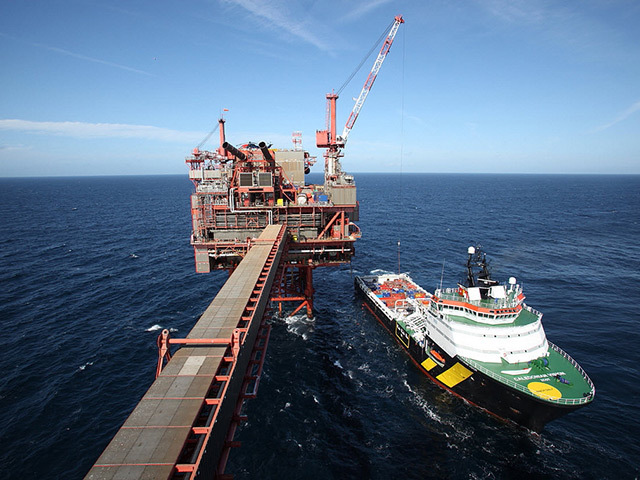
The waiting is over. Scotland has voted ‘No’ to independence.
The result is likely to be received with relief by many in the oil and gas sector. Potential risks that would have followed a ‘Yes’ vote relating to currency, EU membership and key regulatory issues, could have had a negative impact on the sector. As has been said many times before, the extraction of oil and gas is a long term business that flourishes on stability, and at least some changes in the North Sea’s fiscal and political environment would surely have been inevitable if Scotland had voted ‘Yes’.
One obvious area where uncertainty will no longer arise is in relation to decommissioning security arrangements, in which the hard-won tax certainty the UK Government agreed to provide (in the form of Decommissioning Relief Deeds) will remain. The contractual arrangements between joint venture partners – many of which might have risked reverting to a pre-tax basis in the event of Scottish independence, with a resulting impact on tax certainty – will stay as they are, and the industry can continue to plan on the basis of the financial security that certainty over future tax treatment provides.
But does that mean things will remain the same? The answer to that question is also ‘No’.
What we have undoubtedly seen over the past two years, both at the individual level and on a sector basis, is greater engagement with the whole political process and regulatory landscape. Everyone will be aware of recent pledges made on devolving additional powers to the Scottish Parliament. The oil and gas sector, was just a few years ago taken for granted, largely ignored and deemed politically unsavoury.
However, being a key battleground between the ‘Yes’ and ‘No’ camps has led to it now being recognised for what it is – an industry to be proud of; an industry in which Scotland and the UK lead the world in innovation, technology and global exports; an industry that supports hundreds of thousands of jobs across both Scotland and the UK; and oil and gas companies are one of the biggest industry sectors contributing to UK tax revenues.
The sector itself can now expect delivery of the regulatory and fiscal changes proposed in Sir Ian Wood’s report. For his recommendations to really work and produce the maximised recovery of oil and gas from the UKCS as hoped, it is critical that the increased understanding between the sector and both the Scottish and UK Governments remains as an ongoing dialogue. It must not stop just because the independence debate is over.
Clare Munro is a partner and head of oil and gas at Brodies.
